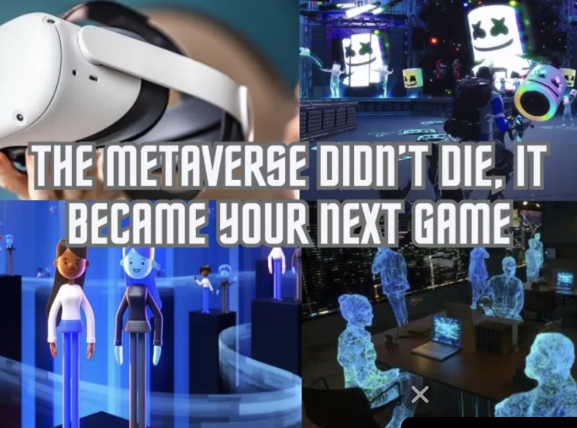Harmonies Beyond Boundaries, Music, Technology and Human Connection
Propelled by augmented reality (AR), virtual reality (VR) and artificial intelligence (AI), I believe the music industry is on the brink of transformation. The global pandemic only accelerated this shift, moving the industry from traditional venues to digital platforms that may soon become the main stage for artistic expression.
This evolution in how we experience music, while seen by some as a temporary adaptation, may very well be a preview of a digitally-integrated future.
Impact Of The Pandemic On Music
The swift move to virtual platforms during the pandemic demonstrated the music industry’s adaptability and resilience. Artists and producers embraced a digital-first approach, navigating challenges and innovating on the fly.
This era was defined by an explosion of virtual concerts, connecting artists from their homes to a global audience through screens, creating new forms of audience engagement that have the potential to persist beyond the crisis.
Role Of AI In Music
As a fervent explorer of AI, I’ve seen its profound impact on music, reshaping everything from creation to consumption. AI is not just altering the music landscape—it’s expanding it with new interactive experiences. For those in the industry, here are some potentials of the technology when it comes to live shows.
• Virtual reality concerts. Fans can attend 3D concerts via VR headsets, choose viewpoints and interact with digital merchandising or artist avatars.
• Interactive setlists. AI could tailor setlists in real-time based on audience mood, enhancing engagement.
Forbes







